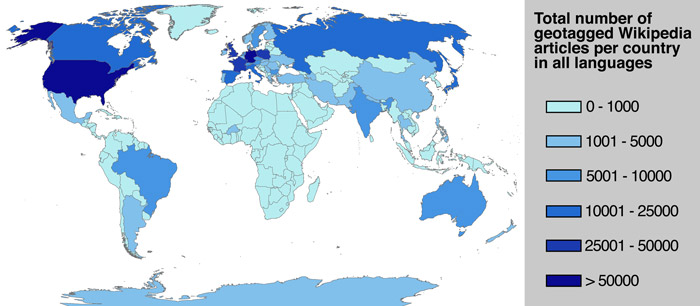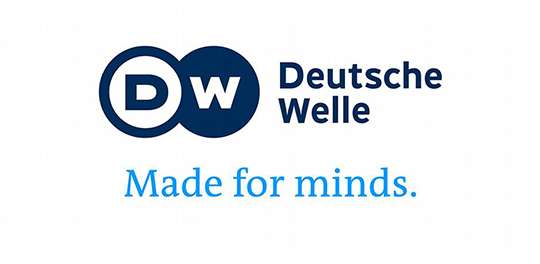Overview
Wikipedia captures complex online social interactions among its over 13 million users and has managed to create free online encyclopedias with over 10,000 articles in nearly 100 languages (list of wikipedias). Yet, analysis of geo-tagged articles reveals that large knowledge gaps remain. Contributions from new Internet users in underrepresented regions are key to expanding the coverage and raising the quality of Wikipedia.
As the Wikipedia user community has grown, it has developed norms and expectations about how users should contribute. These norms and practices may at times be opaque and intimidating to new users. These issues are compounded for users who are contributing in a foreign language.
This project brings together research fellows and doctoral candidates at the Oxford Internet Institute aiming to shed light on the incorporation of new users and information into the Wikipedia community. Current research focuses on how new users are perceived, represented, and incorporated into the community, and how, and to what extent, knowledge is shared between various language editions.

















